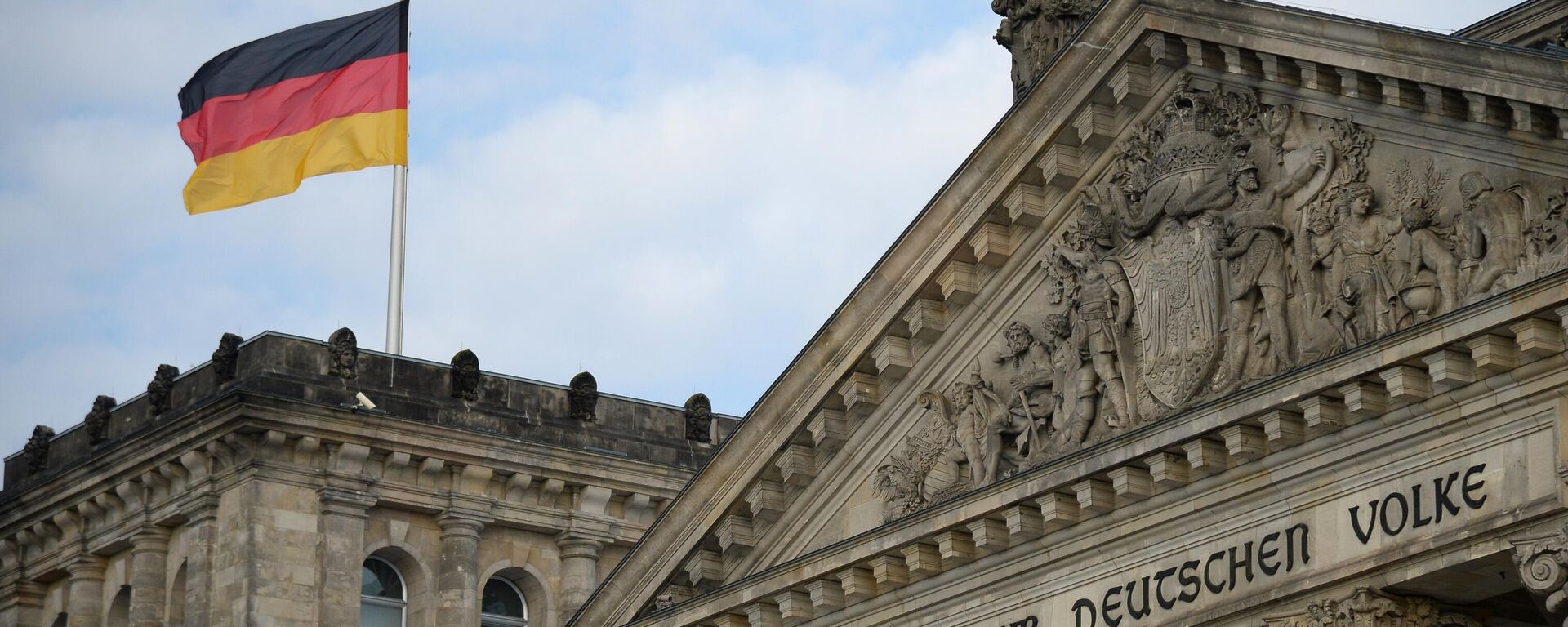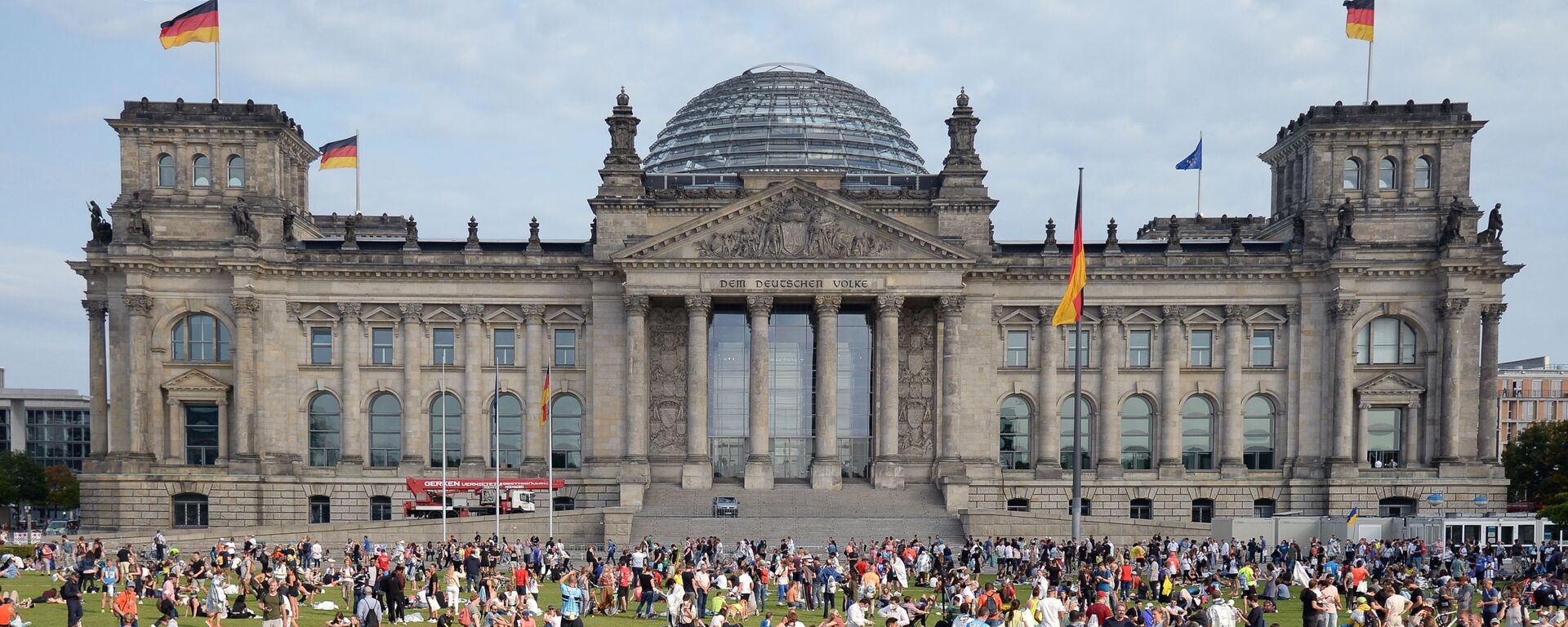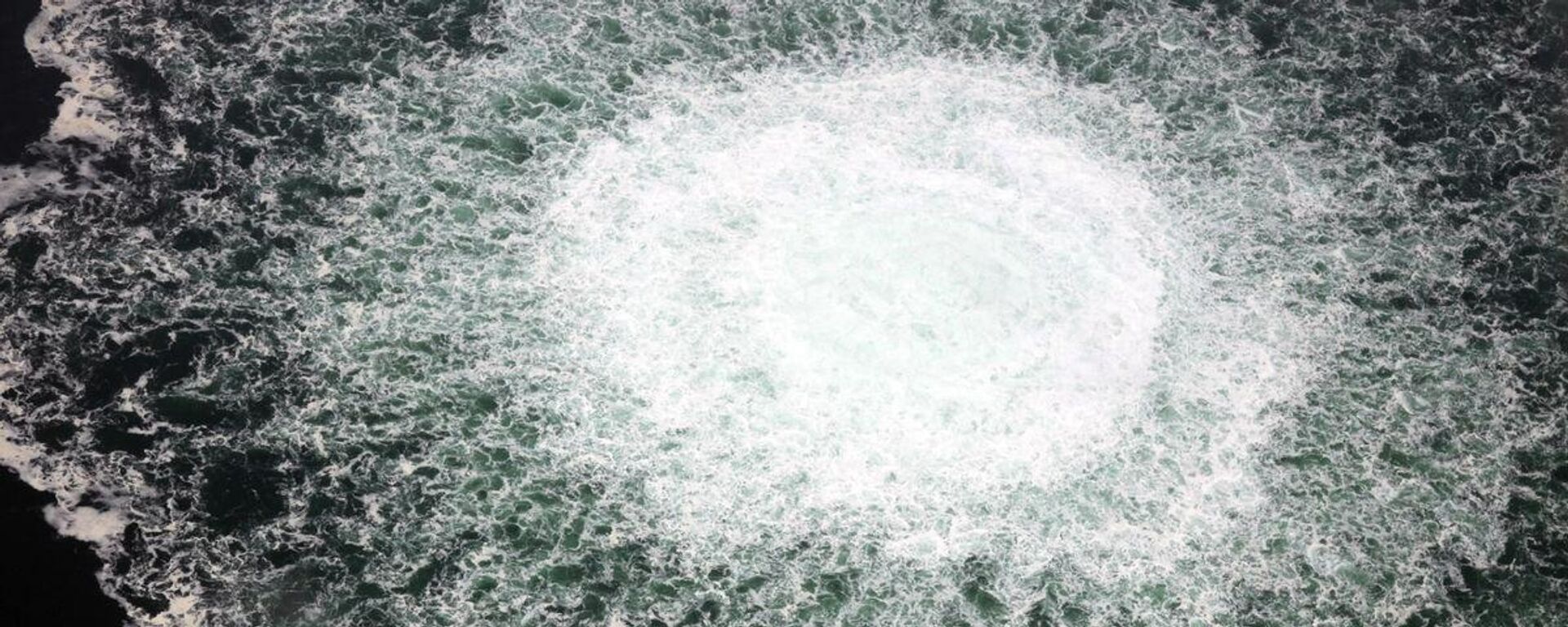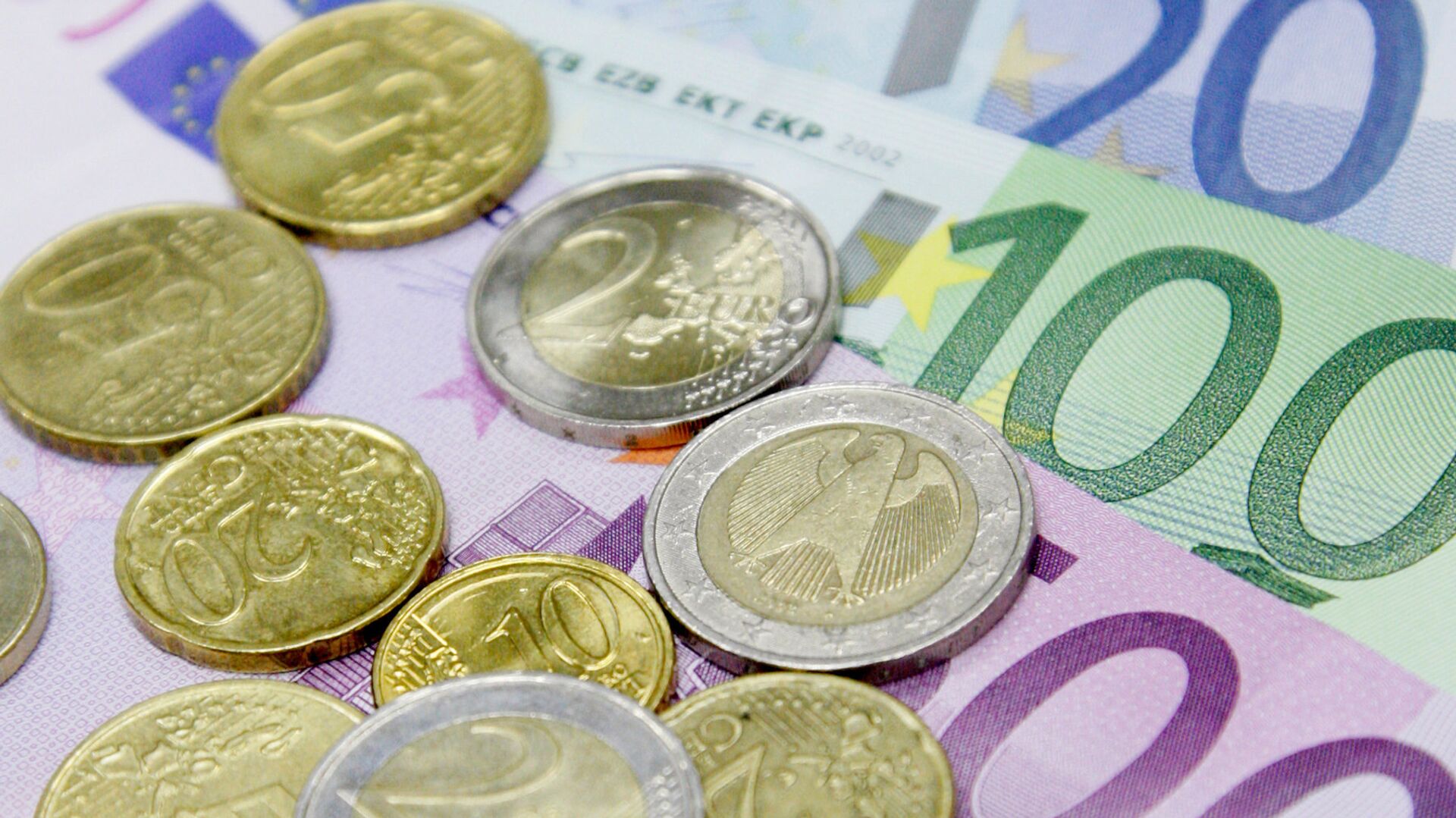https://sputnikglobe.com/20240415/eu-falls-behind-china-us-in-economic-competition-following-monumental-mistakes---iea-chief-1117935907.html
EU Falls Behind China, US in Economic Competition Following 'Monumental Mistakes' - IEA Chief
EU Falls Behind China, US in Economic Competition Following 'Monumental Mistakes' - IEA Chief
Sputnik International
Europe’s top mistakes were relying on Russian gas and turning away from nuclear power, the IEA chief said. In order to recover from their mistakes, he explains, the bloc will now need a “new industrial master plan”.
2024-04-15T05:24+0000
2024-04-15T05:24+0000
2024-04-15T05:24+0000
economy
european union (eu)
energy
energy crisis
china
russia
economy
inflation
energy resources
nord stream
https://cdn1.img.sputnikglobe.com/img/102495/97/1024959725_0:371:1805:1386_1920x0_80_0_0_eec2a784ed15626e01bcd544eaafec81.jpg
Europe is now trailing China and the US after making “two historic monumental mistakes”, according to Fatih Birol, the International Energy Agency chief. Europe’s top mistakes were relying on Russian gas and turning away from nuclear power, the IEA chief said. In order to recover from their mistakes, he explains, the bloc will now need a “new industrial master plan”.Europe has also fallen behind the two countries as they struggle to keep up with the manufacturing of green technology due to regulations and soaring energy prices, a recent report said. And electricity prices are typically twice to three times higher than that in the US.Since the 1970s, Germany has been a major buyer of Moscow's affordable pipeline gas but significantly reduced its purchases in 2022. This reduction impacted both small and medium-sized companies, which lack the capacity to quickly adjust to rising production costs, and large industries, leading to widespread difficulties. On February 24, BASF, a leading German chemical company, announced a reduction of 2,600 jobs, approximately 2.3% of its global workforce. This included 1,800 positions at its Ludwigshafen headquarters in Germany. The company also halted its share buybacks and planned to increase investments to enhance competitiveness in anticipation of continued earnings declines due to escalating costs. A key factor in BASF's rising expenses has been the increase in European natural gas prices, which began escalating before Russia's special military operation and were further exacerbated by the EU's sanctions against Russia. These sanctions quickly proved to be detrimental to the bloc. The situation deteriorated further with the destruction of the Nord Stream pipelines on September 26, 2022, compelling Germany to transition predominantly to costly liquefied natural gas (LNG) imports from the United States. Although European energy prices have slightly decreased from an August 2022 peak of over €340 per megawatt hour (MWh) to around €50, they remain significantly higher than historical averages, as acknowledged by Western media. Previously, the CEO of BASF had noted that Russian gas was crucial for maintaining the competitiveness of the industry.Meanwhile, the bloc is struggling to make a decision regarding the use of nuclear energy. Some countries are pro-nuclear, including France, Hungary and Czech Republic while other EU member states including Germany, Austria and Luxembourg are opposed to the costly energy source.The EU is racing toward its June election, which means they will be participating in debates surrounding economic policy and specifically that of economic competitiveness. One article comments that for the EU to develop an effective economic competitive edge they will have to leverage their greatest asset; the single market.
https://sputnikglobe.com/20230824/whats-behind-decline-of-germany-1112852729.html
https://sputnikglobe.com/20230226/frenemy-how-us-deprives-germany-of-strategic-autonomy-and-status-as-industrial-powerhouse--1107807263.html
https://sputnikglobe.com/20240209/vassal-scholz-govt-ignoring-nord-stream-terrorism-despite-colossal-damage-done-to-germany-1116703509.html
china
russia
Sputnik International
feedback@sputniknews.com
+74956456601
MIA „Rossiya Segodnya“
2024
News
en_EN
Sputnik International
feedback@sputniknews.com
+74956456601
MIA „Rossiya Segodnya“
Sputnik International
feedback@sputniknews.com
+74956456601
MIA „Rossiya Segodnya“
german-us relations, german de-industrialization, russian natural gas, relocation of german companies, de-industrialization of europe, russo-german relations, russo-german energy cooperation, russian-german relations, russian-german energy cooperation, nord stream project, nord stream 2 project, nord stream sabotage, seymour hersh, energy crisis, european energy crisis, energy crisis in europe
german-us relations, german de-industrialization, russian natural gas, relocation of german companies, de-industrialization of europe, russo-german relations, russo-german energy cooperation, russian-german relations, russian-german energy cooperation, nord stream project, nord stream 2 project, nord stream sabotage, seymour hersh, energy crisis, european energy crisis, energy crisis in europe
EU Falls Behind China, US in Economic Competition Following 'Monumental Mistakes' - IEA Chief
Birol’s comment comes at a time when the EU leaders prepare to debate the bloc’s economic competitiveness this week as they head towards their June election.
Europe is now trailing China and the US after making “two historic monumental mistakes”, according to Fatih Birol, the International Energy Agency chief.
Europe’s top mistakes were relying on Russian gas and turning away from nuclear power, the IEA chief said. In order to recover from their mistakes, he explains, the bloc will now need a “new industrial master plan”.
Europe has also fallen behind the two countries as they struggle to keep up with the manufacturing of green technology due to regulations and soaring energy prices, a recent
report said. And electricity prices are typically twice to three times higher than that in the US.
“The existing industries, especially the heavy industries, are experiencing, and going to experience, a significant cost disadvantage compared to other major economies such as China and the US,” Birol said.

24 August 2023, 14:02 GMT
Since the 1970s, Germany has been a major buyer of Moscow's affordable pipeline gas but significantly reduced its purchases in 2022. This reduction impacted both small and medium-sized companies, which lack the capacity to quickly adjust to rising production costs, and large industries, leading to widespread difficulties.
On February 24, BASF, a leading German chemical company, announced a reduction of 2,600 jobs, approximately 2.3% of its global workforce. This included 1,800 positions at its Ludwigshafen headquarters in Germany. The company also halted its share buybacks and planned to increase investments to enhance competitiveness in anticipation of continued earnings declines due to escalating costs.
A key factor in BASF's rising expenses has been the increase in European natural gas prices, which began escalating before Russia's special military operation and were further exacerbated by the EU's sanctions against Russia. These sanctions quickly proved to be detrimental to the bloc.

26 February 2023, 04:15 GMT
The situation deteriorated further with the destruction of the Nord Stream pipelines on September 26, 2022, compelling Germany to transition predominantly to costly liquefied natural gas (LNG) imports from the United States. Although European energy prices have slightly decreased from an August 2022 peak of over €340 per megawatt hour (MWh) to around €50, they remain significantly higher than historical averages, as acknowledged by Western media. Previously, the CEO of BASF had noted that Russian gas was crucial for maintaining the competitiveness of the industry.
Meanwhile, the bloc is struggling to make a decision regarding the use of nuclear energy. Some countries are pro-nuclear, including France, Hungary and Czech Republic while other EU member states including Germany, Austria and Luxembourg are opposed to the costly energy source.
The EU is racing toward its June election, which means they will be participating in debates surrounding economic policy and specifically that of economic competitiveness. One article comments that for the EU to develop an effective economic competitive edge they will have to leverage their greatest asset; the single market.
“Only a well-functioning, globally linked EU market will be able to achieve a similar scale to the domestic markets of the U.S. and China,” the recent article claims. “Fragmented national measures won’t lead to private investment at the scale Europe needs if it’s to become globally competitive in future key technologies, such as batteries or electric vehicles.”

9 February 2024, 19:04 GMT





